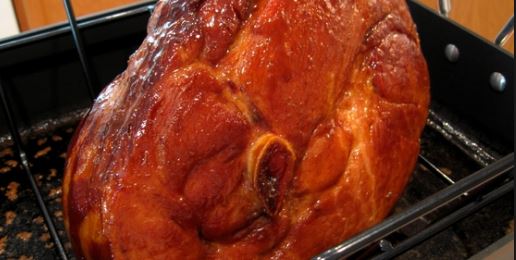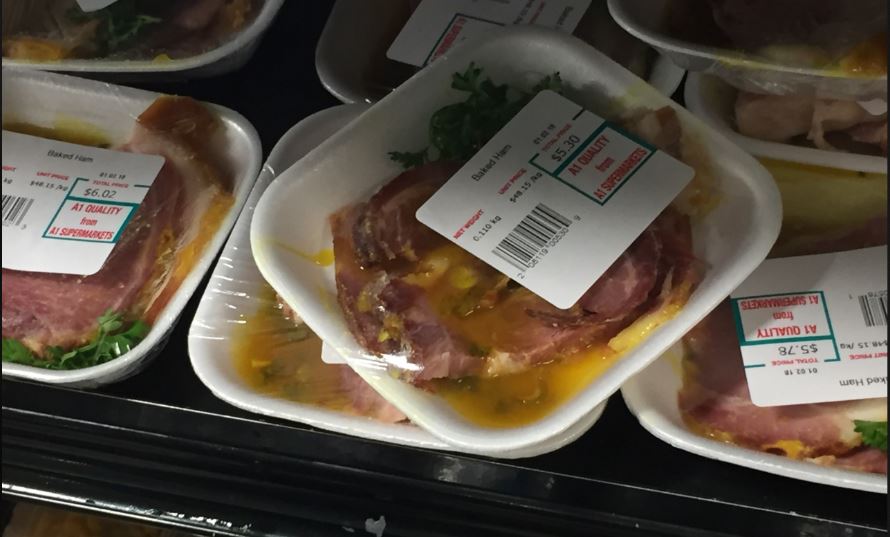The news that Barbadians will have to pay more for a ham in 2017 has generated heated conversation in Barbadians- the land of ‘porkmouts’. The baking of a ham on Christmas eve night is part of a rich tradition practiced by all households. Now that the NSRL has taken full effect Barbadians will have to be smart about the household budget. Is it worth it for those with limited discretionary income to buy ham reported to be selling at $12.00 per pound? Does it matter if there is ham on the table in the Yuletide season?
The bigger issue for BU is the lack of a vision by the leadership of the country to ensure we import less, integrate local agriculture production in the hospitality sector, encourage a consumption behaviour that aligns with the national interest, adherence to a healthy regimen and so on.







The blogmaster invites you to join the discussion.